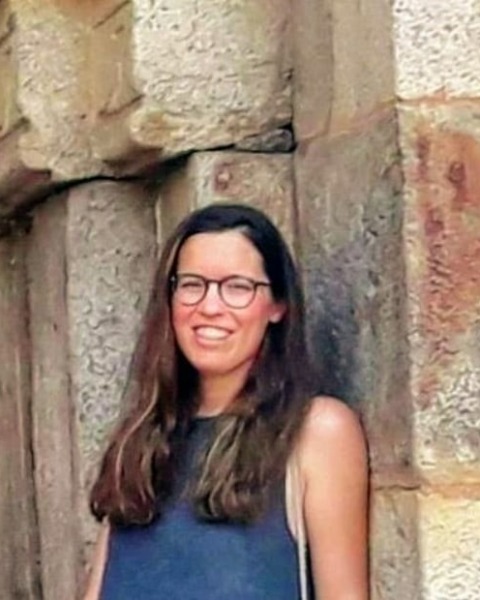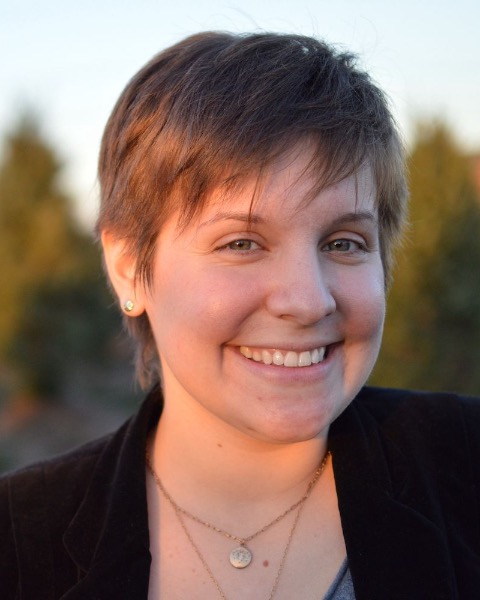Program Area: Behavioral and Social Sciences
Giving and Getting Across the Generations: New Insights into Intergenerational Ties
-
DC
Deborah Carr, PhD, FGSA (she/her/hers)
Professor of Sociology and Director, Center for Innovation in Social Science
Sociology and Center for Innovation in Social Science
Boston University
Boston, Massachusetts, United States -
DC
Deborah Carr, PhD, FGSA (she/her/hers)
Professor of Sociology and Director, Center for Innovation in Social Science
Sociology and Center for Innovation in Social Science
Boston University
Boston, Massachusetts, United States -
KF
Karen Fingerman, PhD, FGSA
Professor
Human Development & Family Sciences
The University of Texas at Austin
Austin, Texas, United States -

Merril Silverstein, PhD
Professor
Aging Studies Institute
Syracuse University
Syracuse, New York, United States -

Elinore Avni, MA
PhD student
Department of Sociology
Boston University
Boston, Massachusetts, United States -
EW
Emily Wiemers, PhD
Associate Professor, Public Administration and International Affairs
Public Administration and International Affairs
Syracuse University
Syracuse, New York, United States -

Tanya Whitworth, PhD
Postdoctoral Researcher
Department of Sociology
Boston University
Boston, Massachusetts, United States
Chair(s)
Discussant(s)
Individual Symposium Abstract First Author(s)
Population aging raises debates about who will care and provide for older adults, while shifting economic and family patterns suggest that young adults may require ongoing support from their (grand)parents. These five papers use diverse methods and data to shed new light on upward and downward intergenerational exchanges. Fingerman and colleagues use data from a small racially diverse sample of young adults (ages 18 to 29) providing care to grandparents. They document psychological benefits yet potentially harmful life course disruptions (e.g., education). Wiemers and co-authors use the Health and Retirement Study Core and COVID-19 Module to document how adult children’s transfers of time, money, and coresidence changed in response to the COVID-19 pandemic. Minoritized and lower SES older adults were less likely to receive help from family members, due to children’s constraints. Whitworth documents disparities in the types of support college students receive from midlife parents, using the Panel Study of Income Dynamics Transition to Adulthood Supplement. Higher SES parents tend to provide financial support, whereas lower SES parents provide coresidence. Silverstein et al. use multigenerational data from Longitudinal Study of Generations. They find religiosity of parents during the offspring’s adolescence affects their cognitive and behavioral religiosity in later life. Avni uses cross-national attitudinal data from the International Social Survey Programme (ISSP) and finds that Americans believe family should be responsible elder care, whereas Israelis and Germans believe the government should provide care. The discussant highlights implications of the study results for research and policies regarding intergenerational relations.
Learning Objectives:
- identify the types of instrumental, residential, and caregiving supports young and midlife adults provide to their aging (grand)parents, and vice-versa, with particular attention to disparities (e.g., race, SES) and contextual influences (i.e., post-pandemic).
- understand the long-term impacts of parental religiosity on their offspring's religiosity, and the mechanisms driving these associations.
- describe cross-national differences in attitudes towards the appropriate sources of support for child versus elder care (e.g., family, government, corporate) in three nations with distinct political economies: US, Germany, and Israel.
Presentations:
-
4:30 PM – 6:00 PM ETCaregiving for an Older Relative in Young Adulthood
Individual Symposium Abstract First Author: Karen L. Fingerman, PhD, FGSA – The University of Texas at Austin
-
4:30 PM – 6:00 PM ETTracing the Religious Life Course: Inter- and Intragenerational Sources of Later-Life Religiosity in Baby Boomers
Individual Symposium Abstract First Author: Merril Silverstein, PhD – Syracuse University
-
4:30 PM – 6:00 PM ETCross-National Differences in Attitudes Toward Family and Governmental Support for Elder and Child Care
Individual Symposium Abstract First Author: Elinore Avni, MA – Boston University
-
4:30 PM – 6:00 PM ETFinancial and Time Help from Adult Children During the COVID-19 Pandemic
Individual Symposium Abstract First Author: Emily E. Wiemers, PhD – Syracuse University
-
4:30 PM – 6:00 PM ETMid-Life Parents' Material Support of Children in College: A Typology and Variation by Socioeconomic Status
Individual Symposium Abstract First Author: Tanya Whitworth, PhD – Boston University
